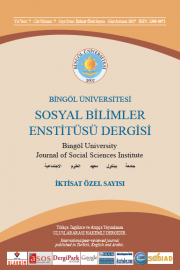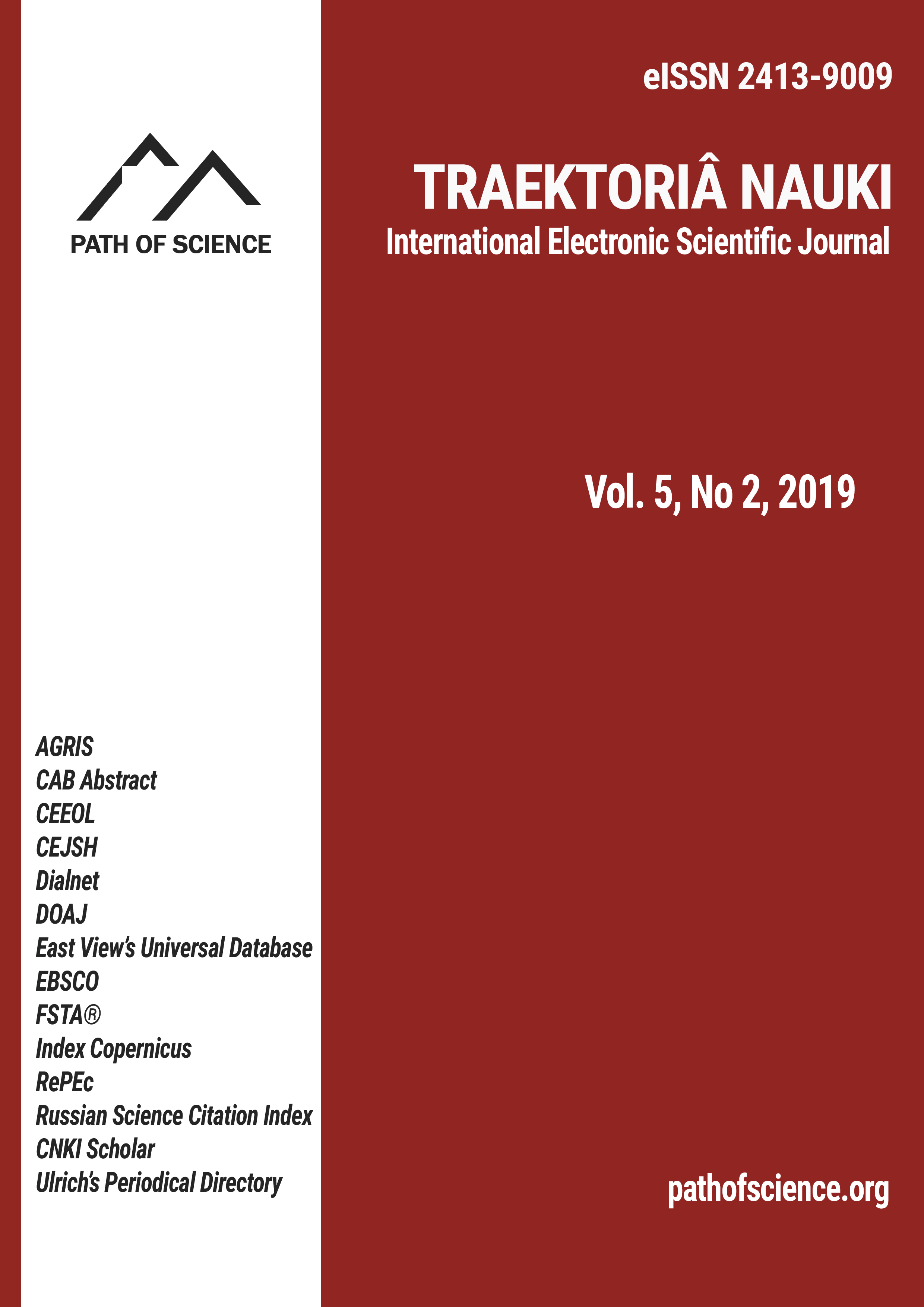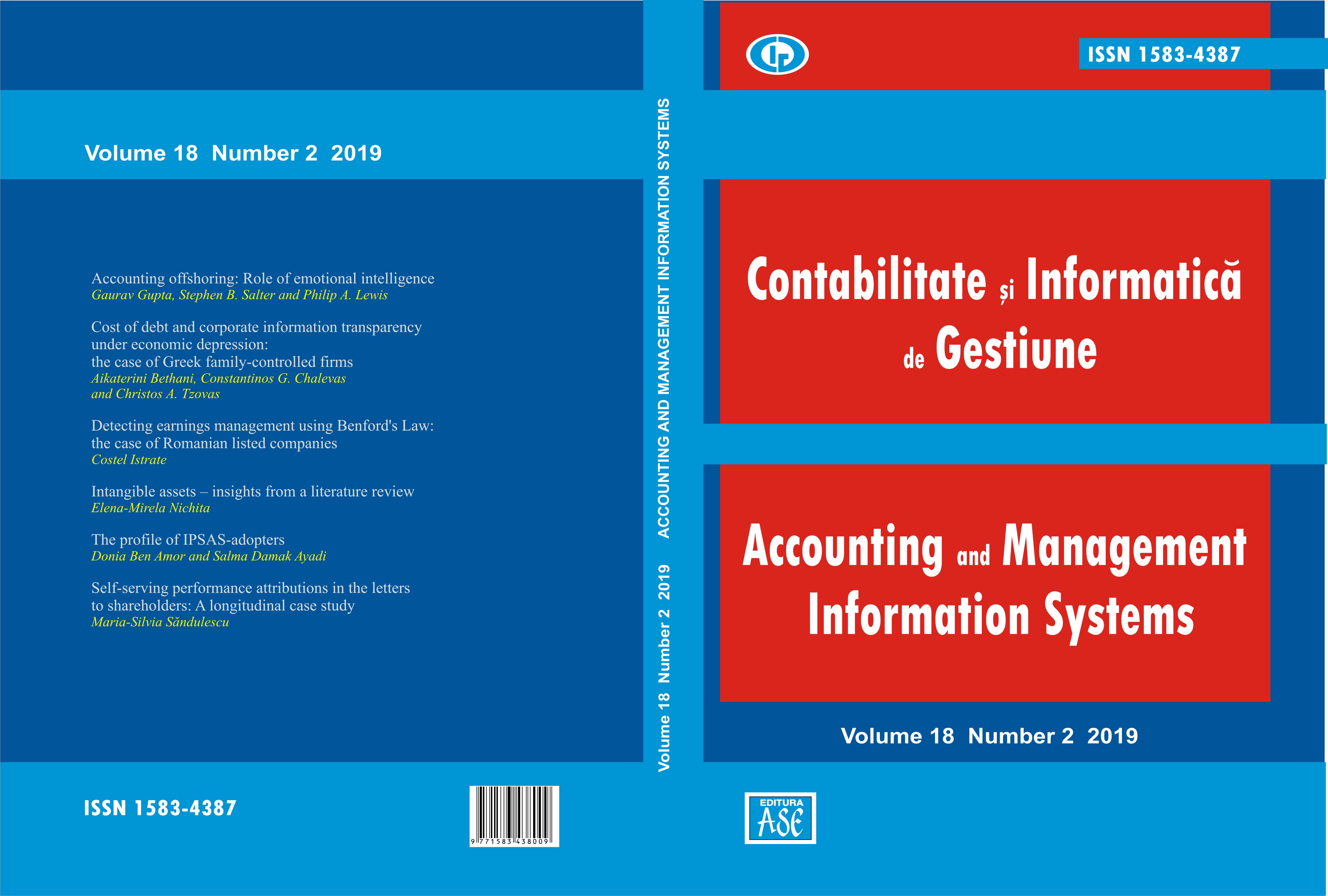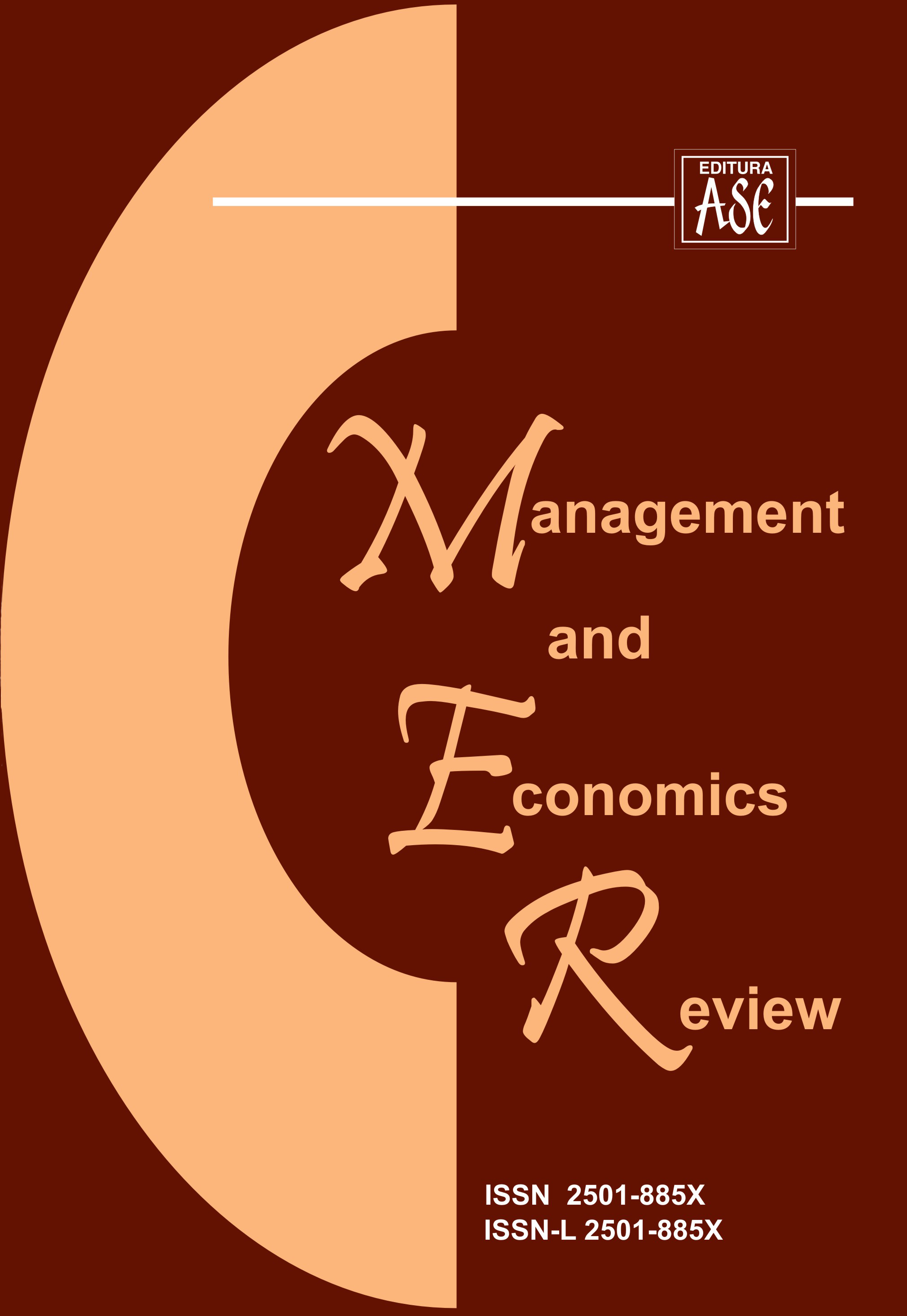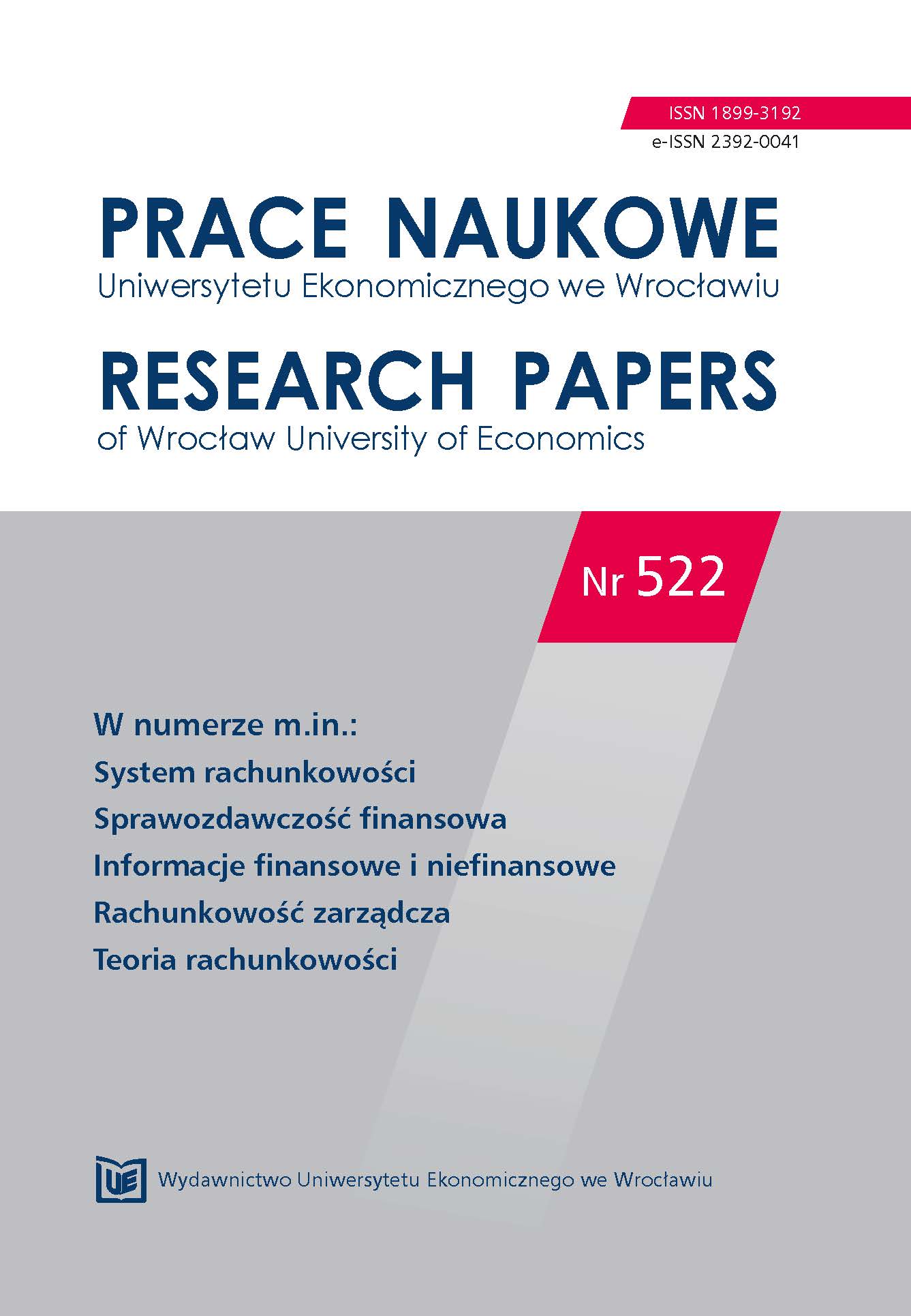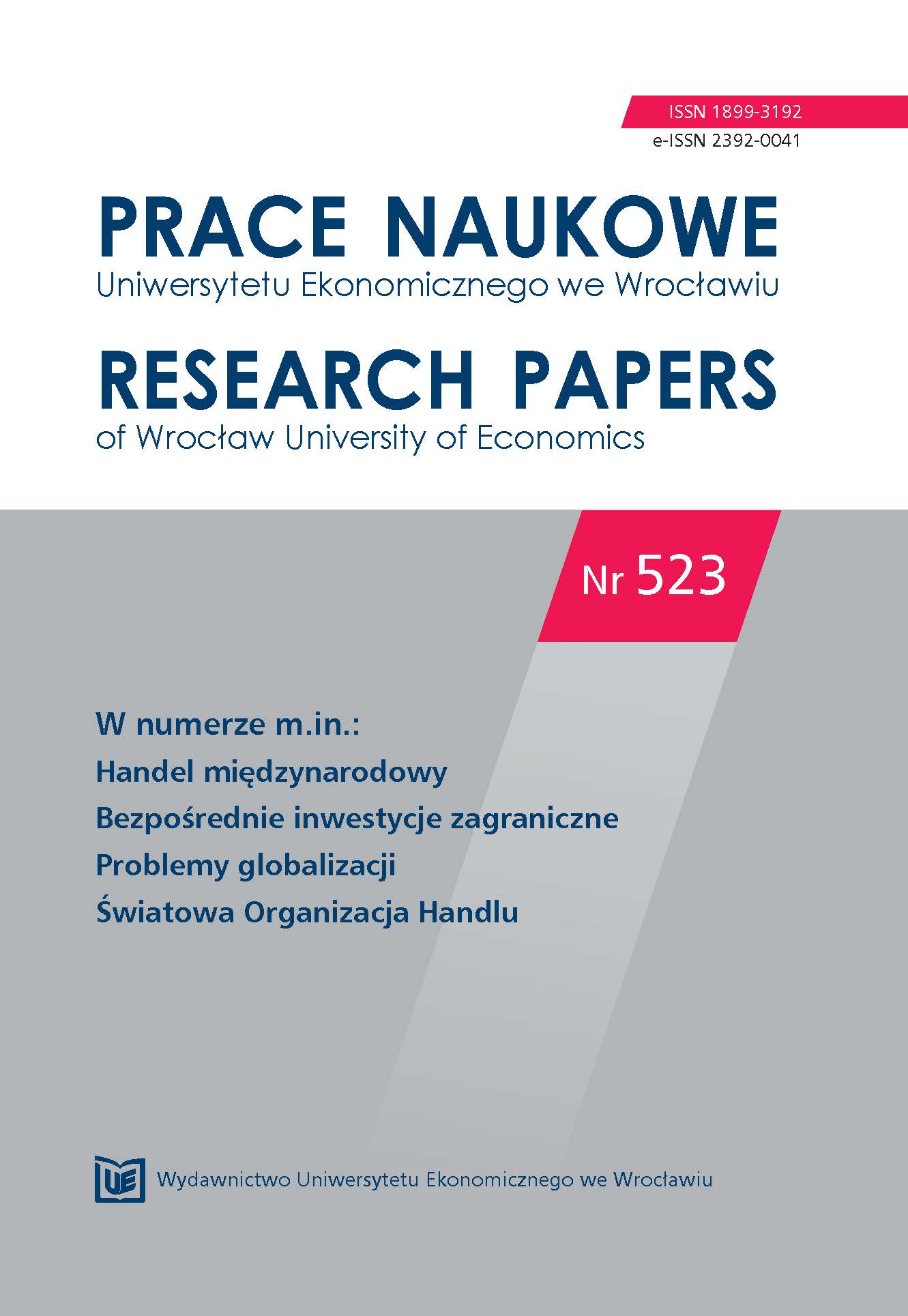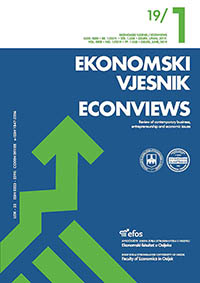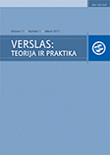
Audit committee independence and a contracting perspective on goodwill impairment: Singaporean evidence
This study examines factors influencing and constraining the decision to recognize zero goodwill impairment in a sample of 52 Singaporean listed firms from 2010–2012. Using binary logistic regressions, the results reveal that firms that are approaching violation of their debt covenants have a higher likelihood of exercising the recognition choice, while a higher proportion of audit committee independence constrains this choice. The policy implication of this study is that to improve the quality of the financial statements, the relevant authorities need to monitor firms’ reporting incentives closely. This study contributes to the literature on IFRS by providing evidence that supports the applicability of the debt hypothesis in explaining the decision of Singaporean listed firms to recognize zero goodwill impairment.
More...
